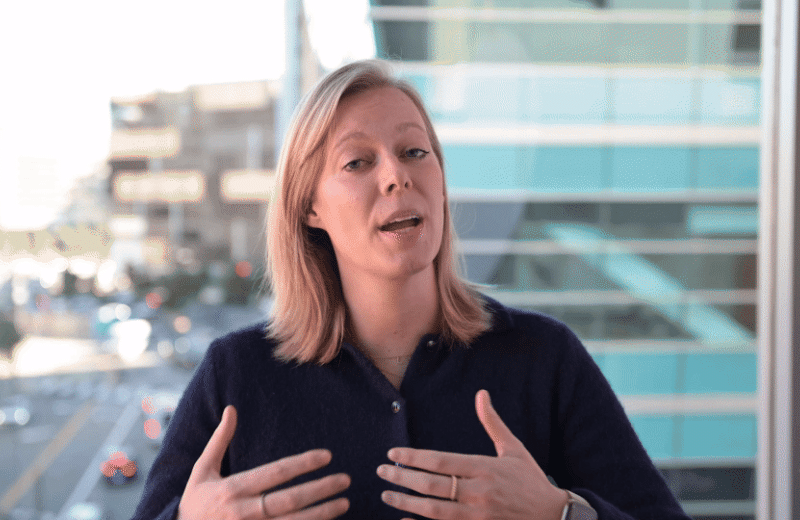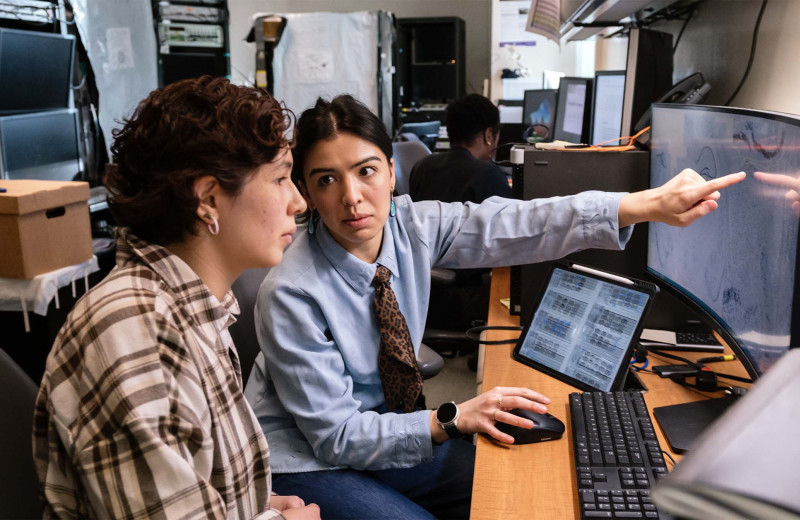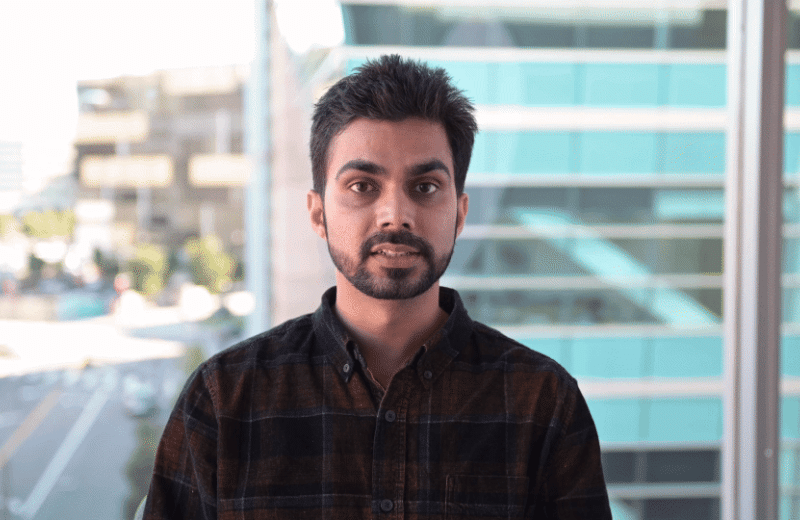Gladstone NOW: The Campaign Join Us on the Journey✕

David is the lab manager in Steve Finkbeiner’s laboratory. He completed his undergraduate studies in various sciences (including biology, genetics, and anthropology) at the University of Washington. After working in research at the same university for several years, he attended a PhD program in molecular and cell biology at the University of Utah, where he didn’t graduate but did sample a great variety of that region’s remote wilderness.
What brought you to Gladstone?
My colleague Ashkan Javaherian brought me here. We both worked at a startup company called iPierian, which some here at Gladstone are familiar with. He reached out to me when the Finkbeiner Lab was looking for their first lab manager and I thank him for that.
What do you like about Gladstone?
I get to work with great people from all over the world. It’s a little like traveling without all the hassle. We’re located in an iconic city with vast opportunities attractive to so many, yet for me is familiar and close to home. We’re big enough to be scientifically powerful and have great internal support while still keeping a familiar community. It’s a great place to pursue scientific discovery at the highest levels.
Were you interested in science as a child?
Yes, for as long as I can remember. I have always been curious to explore and study the natural world and to try to understand how things work. I would disassemble small appliances and take any chance to look through a telescope or microscope or just gaze at the night sky. Astronomy was a focus of mine in elementary school.
Why did you decide to go to graduate school?
After working in biological research at the University of Washington for a while, I asked my principal investigator for a promotion. I got the promotion, but was told by my principal investigator to go get my PhD in a year. He saw me as a potential scientist.
Can you describe your role at Gladstone?
I’m Steve Finkbeiner’s first lab manager. I strive to keep our lab always running safely and efficiently and assure everyone has everything they need to do their work, while also making improvements wherever I can. I’m also ambassador-at-large for the Finkbeiner Lab, maintaining relations with vendors, regulators, and everyone at Gladstone who are so important for our success.
What do you like most about your job?
I like to help make things work, including in support of others, and to make them work better, which I do.
What or who influenced your decision to work in science?
Besides my own inclinations, examples set by relatives that have led very adventurous lives (and their National Geographic collections) inspired in me a great curiosity about how the natural world works and how it came to be. Scientific investigation is how we fulfill this curiosity.
What do you do when you are not working?
I’m planning future expeditions. I thrive on wilderness travel, which in turn inspires my photography. I also consume a fair amount of news and wonky geopolitical-oriented media. And I spend time with friends as much as I can.
If you could learn anything, what would it be?
I want to learn to be a salty captain of my own modest sea-going boat so I could explore remote places along the west coast and beyond. I am, however, a good crew member who will also provide photo documentation and cook if anybody is sailing away anywhere.
What is your unique/hidden talent?
I’m really good at packing stuff optimally, whether it’s a backpack, canoe, or a truck.
Name one thing not many people know about you.
Well, let’s keep it that way. Now I can effect an air of mystery.
If you could meet any scientist at any point in time, who would it be and why?
Galileo Galilei. I would warn him about his impending persecution by the Inquisition, because nobody expects that!
Want to Join the Team?
Our people are our most important asset. We offer a wide array of career opportunities both in our administrative offices and in our labs.
Explore CareersMeet Gladstone: Alisa Dietl
Meet Gladstone: Alisa Dietl
Alisa Dietl brings her international training and clinical perspective to Gladstone, where she works to engineer more effective cancer immunotherapies for solid tumors.
Graduate Students and Postdocs Profile Cancer Pelka LabVoices of Outstanding Mentorship
Voices of Outstanding Mentorship
Three recipients of Gladstone’s Outstanding Mentoring Award share their personal approaches to mentorship and reflect how this passion has shaped their own growth as leaders.
Profile Roan Lab Graduate Students and PostdocsMeet Gladstone: Shyam Jinagal
Meet Gladstone: Shyam Jinagal
Shyam Jinagal explores how genetics, aging, and regeneration shape the heart—and how those insights could one day restore heart function after injury.
Graduate Students and Postdocs Profile Cardiovascular Disease Srivastava Lab



